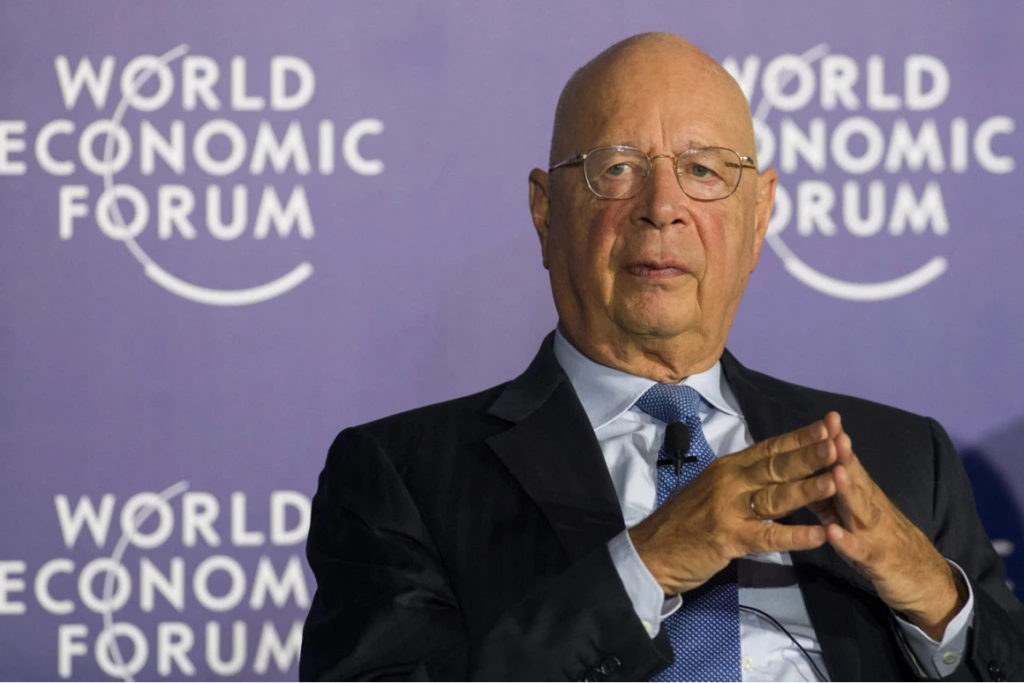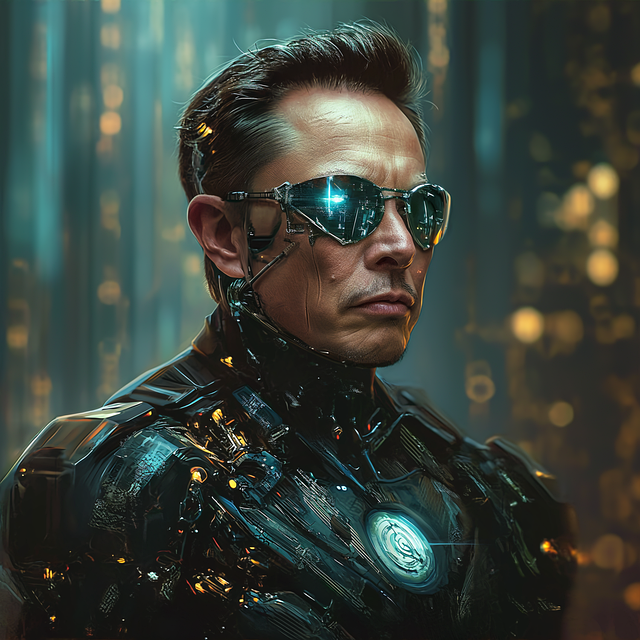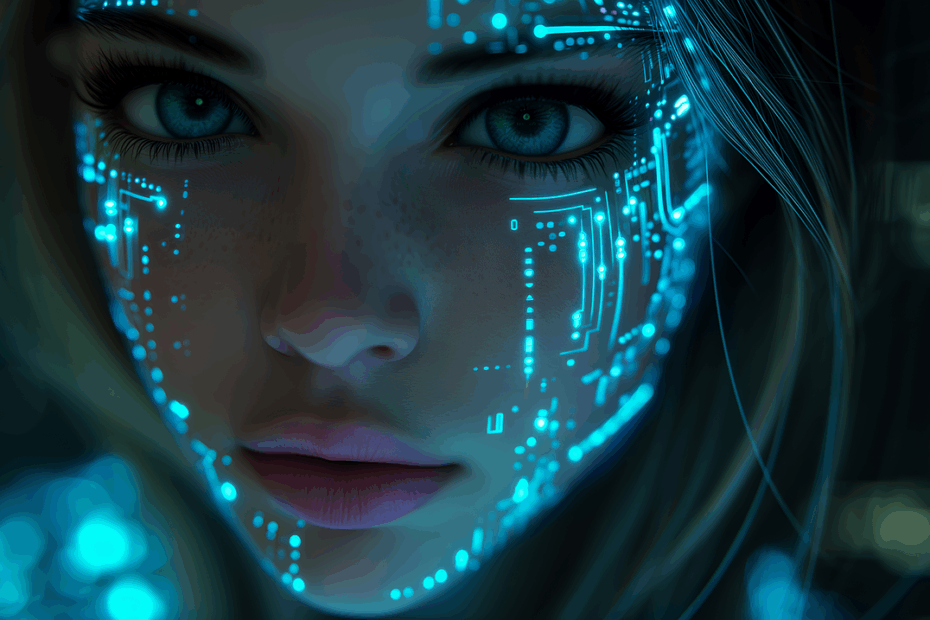In this report, The Insiders describe what is to come next in the world of AI and what motivates those behind its development.
IN OTHER NEWS: Today’s question for you is in three parts…
- In your last communication you mentioned that the ubiquitousness of technologies such as the mobile phone has been a central pillar to what is to come next. Can you tell us about what is to come next?
- You described various groups; the tech moguls, the intelligence organisations, the intermediaries and the “otherworldly” ones. What motivates each group?
- Where do President Trump and Elon Musk fit into all of this?
THE INSIDERS: When it comes to what is to come next, we will limit ourselves to the context of artificial intelligence and its unfolding effects upon the societies of the world. It goes without saying that the effects will be profound. Some will be beneficial, advantageous. There will be decisions to be made and pitfalls to step over or around. There are dangers to navigate.
The AI systems that are available to the public at present, although remarkable advances, are really rather rudimentary. The most well known are the large language models and these are systems that are trained on large bodies of existing material; books, scientific papers, pages from websites, news articles, to name but a few. And the algorithms that form the framework of these systems are very good at finding patterns within the language that they study and essentially (in inverted commas) “learning” how people communicate. And the point of this is to enable them to mimic human communication. This then allows them to interact in a more seamless way with human beings.
These machines can then be refined by being trained on particular areas of knowledge, and we have touched upon human psychology as once such area. By focussing the attention of the model on training data on such topics the system can (again in inverted commas), “learn” to communicate in a more convincing manner with their human counterparts.

Image by Ruhrgebiet from Pixabay
And there is then the actual interaction with humans. Part of the training for these systems is through real-world interaction, which is why these tools are offered, at least in part, freely to the public at this time. So that they can become better at more seamlessly interacting with humans in real-world situations. And as you can see from the examples that we have discussed, these systems can be very convincing, particularly among certain groups, be they younger people who could be said to lack experience and discernment simply through having had fewer years of experience in the wider world. But other members of society who for other reasons, are vulnerable to in a way, latching on to certain aspects of communication with these systems. And who are more vulnerable to and more easily manipulated and even exploited. And the systems learn from this too and from these interactions and become more refined in their ability to blend seamlessly into these areas of society.
Now as these systems become more widely used, their development accelerates dramatically, exponentially. And what you will begin to see is the extremely rapid momentum of change.
The tasks that these systems are able to undertake and the proficiency with which they will undertake them will impact your societies in a multitude of ways. One of which is, it will become increasingly difficult to ascertain whether one is communicating with a human being or with one of these technological entities. But what should be remembered is that these entities are not human and do not share common human values. They are facsimiles, very good facsimiles, but facsimiles none the less.

As time goes by, the impact of these systems on economies will be dramatic and will not be smooth or seamless integration, but will be vastly disruptive.
You have seen in recent times that modern societies do not deal well with uncertainty. This was highlighted during the COVID times. Fear and uncertainty drove people to illogical conclusions. The pursuit of comfort led many to forfeit not only their power but their values. This will be magnified many times as the effects of the increasing adoption of artificial intelligence within the modern economies.
The benefits, financial benefits that is, of these systems is not set up to be distributed amongst all members of society, but is concentrated to those who own and implement these technologies. This model may work for a while, but as it impoverishes a wider and wider portion of society, the system itself will buckle and faulter and this will have its own impacts. For an economy cannot function well, cannot reflect the wellbeing of society if its structure excludes a vast proportion of that society. And although the impacts of this may be gradual, when it reaches the point of failure, the collapse will be both rapid and destructive. Now of course, this need not be, but there is very little at this time to indicate that any other less destructive path is likely to be taken.
And so you can see that for the group that includes the “tech moguls” and the businesses that use these technologies to replace their requirement for human labour, the motivations are largely the acquisition of money. Now there are psychological rewards, so to speak, that accompany this, but in simple terms, the motivation is money.
When it comes to the role played by governments and their intelligence agencies particularly – and we include in this the military types and the associate industries, the people involved here are perhaps still motivated by financial gain, but more so these psychological aspects. And aspects of secrecy and power are … well, like catnip, to those who move in these circles.
And then there are the dark types; those intermediaries, and for these there are a range of motivations. Principal among them is the seeking of comfort, but also the darker aspects of jealousy and resentment towards their fellow man. Personality traits that they may or may not seek to hide but which operate at a deep level. And in the absence of any real spiritual reflection, any real self-examination, these dark and damaging aspects of personality go unchecked and indeed grow. Fear is another motivating force for these people, which leads of course to the seeking of comfort.
This requirement for comfort makes these people easy prey for what you have termed the otherworldly types. These types feed, in a way, on disruption and chaos; you might even say on human misery. It is certainly not in their interest for the world to be one of peace and light.
You have asked specifically about two individuals. The first being Donald Trump and the second being Elon Musk.
For the first of these two, Trump is an interesting character. Often portrayed to be either entirely good or entirely flawed; he is of course neither but is a combination of both, as we are sure everyone can relate to in their own situation. In the context of the development of AI, this individual is driven by the advantages as he sees them. He takes rather seriously his responsibility to promote the security of the country of which he is Chief Executive. He sees the competition between countries as something to win. He sees it both as his role but also almost a type of sport, to attract investment both in the development and infrastructure required for these systems, into the United States. And these aspects that are very positive to him serve to blind him to the negative aspects and on the whole these negative aspects don’t really interest him. They are not, you might say, his problem. And by that we mean, that he doesn’t see it as up to him to confront those issues but rather the responsibility of others. He sees it as up to him to ‘get AI done’, so to speak, and for others to work out the finer details. But this being blinded to the pitfalls by the supposed advantages is very much an aspect of this individuals outlook. He is in a way, quite straightforward in this respect.

The other individual, Musk on the other hand is a far more complicated character. There is a genuine conflict within this individual. He sees it as his duty in a way to take an influential role in the development of these technologies and he is genuinely concerned by the attitudes of some of his peers who understand the dangers that the world faces, but who are prepared to ignore them for short term expedience. We would say this genuinely troubles Musk.
Image by Robert Harker from Pixabay
The strong sensation we would ascribe to Musk is one of internal conflict. This individual is someone who undoubtedly has extraordinary abilities and he is perhaps the leading example of what we spoke of in an earlier communication about the ability to commercialise these various technologies that he and his peers … are able to steer.
What perhaps makes this individual unique amongst those peers is this conflict, this internal doubt as to his ability to navigate the dangers ahead to the advantage of both himself and wider society. This is an indication of a difference between he and many of his peers this degree of self-reflection. Now we do not purport that this makes Musk any kind of white knight or saviour for society. He is not one who is particularly open to spiritual matters or concepts. His personality leans far more towards the scientific and he certainly is motivated by what he perceives as his own self-interest. But he at least sees that there is some connection between his own self-interest and that of the wider society, which is an aspect not shared by many of his peers.
Musk is interesting too because it is unclear what his role will be in these matters to come. And much depends on if and how this individual relates to, deals with, these internal conflicts that are so much a part of his make-up. We will observe with interest.
If you have a question for ‘The Insiders’
please leave a comment.
